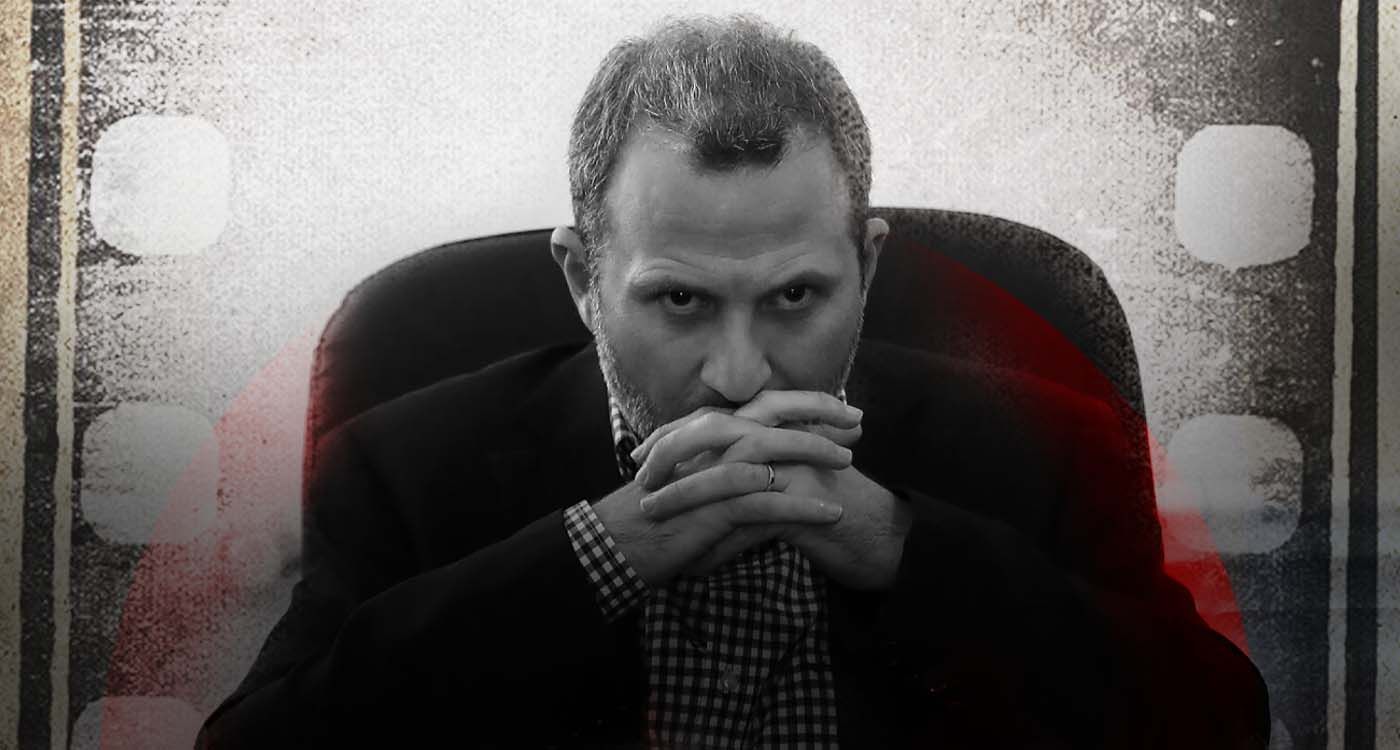
One of the most powerful roles ever played by legendary Meryl Streep was that of Sophie in the iconic film Sophie’s Choice, now regarded as a masterpiece of world cinema.
The movie delves into the ethical, psychological, and spiritual torment of making impossible choices in the darkest moments of human history. Based on both a true story and a novel, it recounts Sophie’s harrowing moment of being forced to choose between her son and daughter—knowing that whichever child she does not choose will be sent to the gas chamber during the Nazi persecution of Jews. In the end, Sophie chooses her son, and her daughter is taken away to die.
Streep’s haunting performance earned her an Academy Award—just one among many honors in her remarkable career.
Today, Gebran Bassil faces his own version of Sophie’s Choice—though not in wartime, but in the treacherous world of Lebanese politics. Here, the consequences of any wrong move could bring down the political construct he has meticulously built since inheriting his uncle’s political legacy in 2005.
Following Hezbollah’s failure and the political unraveling of the Moumanaa axis, the election of his rival Joseph Aoun—a man Bassil spent five years demonizing—and his own marginalization from government due to his inability to work with virtually anyone in power, Bassil has chosen the path of opposition. He’s gambling that this new role will boost his chances in the next parliamentary elections—or at least keep him politically relevant.
Internationally sanctioned and politically isolated, Bassil ran solo in the municipal elections and suffered widespread defeats, holding on only to a handful of towns and villages—and one symbolic city, Jezzine—thanks to the reluctant support of his longtime frenemy, Speaker Nabih Berri.
Since then, Bassil has been trying to navigate the least painful path for his political survival. On the one hand, he engages with the Maronite Patriarchate; on the other, he extends olive branches to the Gulf. At the same time, he maintains a tenuous alliance with Hezbollah—while publicly declaring that armed resistance is no longer acceptable in today’s Lebanon.
He conveniently forgets that in 2005, the state could have reasserted control over weapons had the Free Patriotic Movement not granted Hezbollah renewed political legitimacy.
Now outside the government, Bassil faces a slow, grinding collapse reminiscent of the Chehabist movement under President Suleiman Frangieh—the grandfather of his current political rival. One by one, his power players are being prosecuted for past and present misconduct. From the judiciary to the port, from public institutions to ministries once under his control—nearly everything is now under investigation, and accusations of corruption and theft are piling up.
In this climate, Gebran Bassil stands before two bitter options—neither of them promising. And he must choose soon, or risk losing both.
The first would be to preserve his alliance with Hezbollah and continue playing both sides. But that would mean sacrificing any prospect of international rehabilitation and surrendering any real political future—for himself or for his party. The pressure on Hezbollah is no longer confined to its military operations; its political allies are now directly in the crosshairs.
The second would be to completely sever ties with Hezbollah and its political leadership—thus forfeiting the six to seven parliamentary seats effectively gifted to him by Hezbollah, and reducing his bloc to that of a second-tier force. This would, in turn, pave the way for the Lebanese Forces to assert dominance among Christian voters, relegating Bassil to the political sidelines.
Gebran’s dilemma is excruciating—arguably even more so than Sophie’s.



Comments